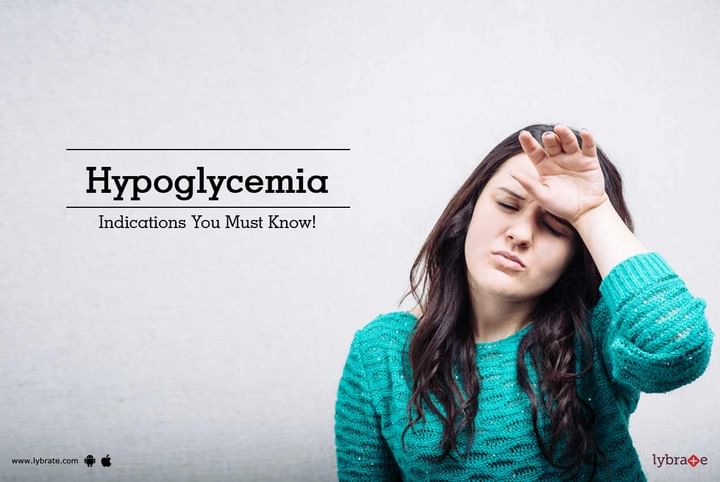Hypoglycemia - Indications You Must Know!
There are numerous conditions that can arise when the body does not process the dietary glucose properly. Hypoglycemia, otherwise called as low blood sugar, is when the blood sugar level in a person’s body decreases than normal value. Individuals with diabetes can get hypoglycemia (low blood sugar) when their bodies do not have enough sugar to use as fuel. It can happen for a few reasons, including diet, few medications and conditions, and exercise.
In case you get hypoglycemia, record the date and time when it happened and what you did. Give the record to your specialist, so he or she can search for a pattern and adjust your medications accordingly. The most widely recognized reason for hypoglycemia includes medicines used to treat diabetes mellitus, for example, insulin and sulfonylureas.
The risk is more noteworthy in diabetics who have eaten very less than what is required, exercised more than expected, or have had excessive alcohol. Other reasons for hypoglycemia incorporate kidney failure, certain cancers, for example, insulinoma, liver sickness, hypothyroidism, hunger, an inherent error of digestive system, extreme diseases, receptive hypoglycemia, various medications and liquor. The vast majority feels the symptoms of hypoglycemia when their glucose is 70 milligrams per deciliter (mg/dL) or lower. Every individual with diabetes may have distinctive symptoms of hypoglycemia depending on their age, stage and other factors. You will figure out how to recognize yours.
Some of the most common symptoms are:
Early indications include:
- Confusion
- Drowsiness
- Shivering or shaking
- Hunger
- Irritation
- Headaches
- Pounding heart
- Racing pulse
- Pale skin
- Sweating
- Trembling
- Weakness
- Nervousness
Anxiety Without treatment, you may get more serious side effects, including:
- Poor coordination
- Concentration issues
- Numbness in mouth and tongue
- Nightmares
- Unconsciousness
- Trouble talking, impaired speech
- Ataxia, incoordination, mistaken up for being drunk
- Central or general motor deficiency, loss of motion, hemiparesis
- Migraine
- Trance, coma like state, strange breathing
- Seizures Individuals with hypoglycemia unawareness do not have any idea about their glucose level drops.
In case you have this condition, your glucose can drop without you noticing it. Without quick treatment, you can pass out, encounter a seizure, or even go into a state of extreme coma. In case somebody is having an extreme reaction, for example, unconsciousness, it is imperative to inject a drug called glucagon and contact the hospital quickly. People who are at danger for low glucose need to speak with their specialist about getting a solution for glucagon. You should never give an unconscious individual anything by mouth, as it could make them choke. Hypoglycemia should not be ignored. Depending upon the type of symptoms you are witnessing, you should immediately rectify or consult with you specialist before it gets severe.



+1.svg)
